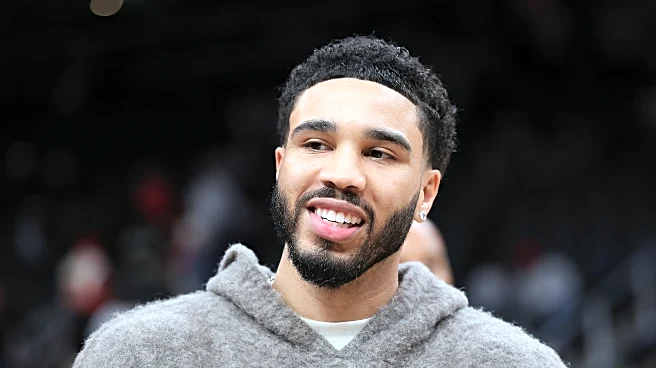What's Happening?
Rep. Jerrold Nadler, a veteran Democrat from New York, has announced he will not seek re-election to the House of Representatives next year. Nadler, who has served for 34 years, emphasized the need for generational change within the party, influenced by observations of President Biden's decline. Nadler's decision opens up his Manhattan seat, which is expected to attract significant interest from potential candidates. Among those considered are Empire State Assemblyman Micah Lasher and New York City Councilman Erik Bottcher. Nadler has not publicly endorsed a successor but is reportedly inclined to support Lasher, his former aide.
Why It's Important?
Nadler's retirement marks a significant shift in the political landscape, particularly for New York Democrats. As a long-serving member of Congress, Nadler's departure creates an opportunity for new leadership and perspectives within the party. His decision reflects broader discussions about the need for younger voices in politics, especially in the face of challenges posed by figures like President Trump. The race for Nadler's seat is likely to be competitive, with several prominent local politicians expected to vie for the position, potentially reshaping the Democratic representation in Manhattan.
What's Next?
With Nadler stepping down, the Democratic primary for his seat is anticipated to be highly contested. Candidates like Micah Lasher and Erik Bottcher are expected to announce their campaigns soon, with others possibly joining the race. The outcome of this election could influence the direction of Democratic policies and priorities in New York. Additionally, Nadler's retirement may prompt other senior Democrats to consider stepping aside for younger leaders, potentially leading to broader generational changes within the party.
Beyond the Headlines
Nadler's retirement raises questions about the balance between experience and innovation in political leadership. His decision underscores the ongoing debate about age and effectiveness in governance, particularly as the party navigates complex issues like Trump's influence and internal divisions. The transition may also impact legislative priorities, as new representatives bring different perspectives and agendas to the table.










